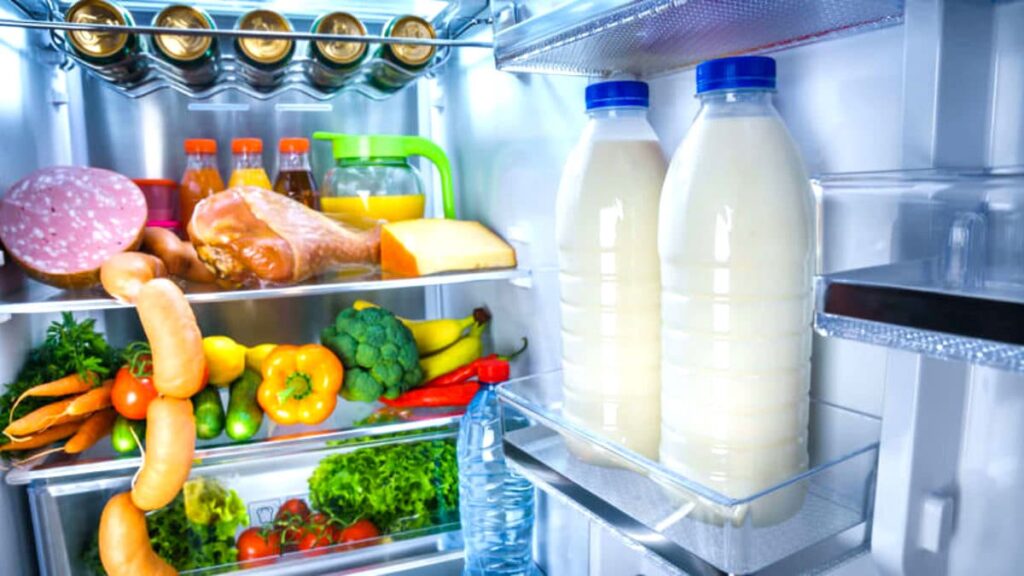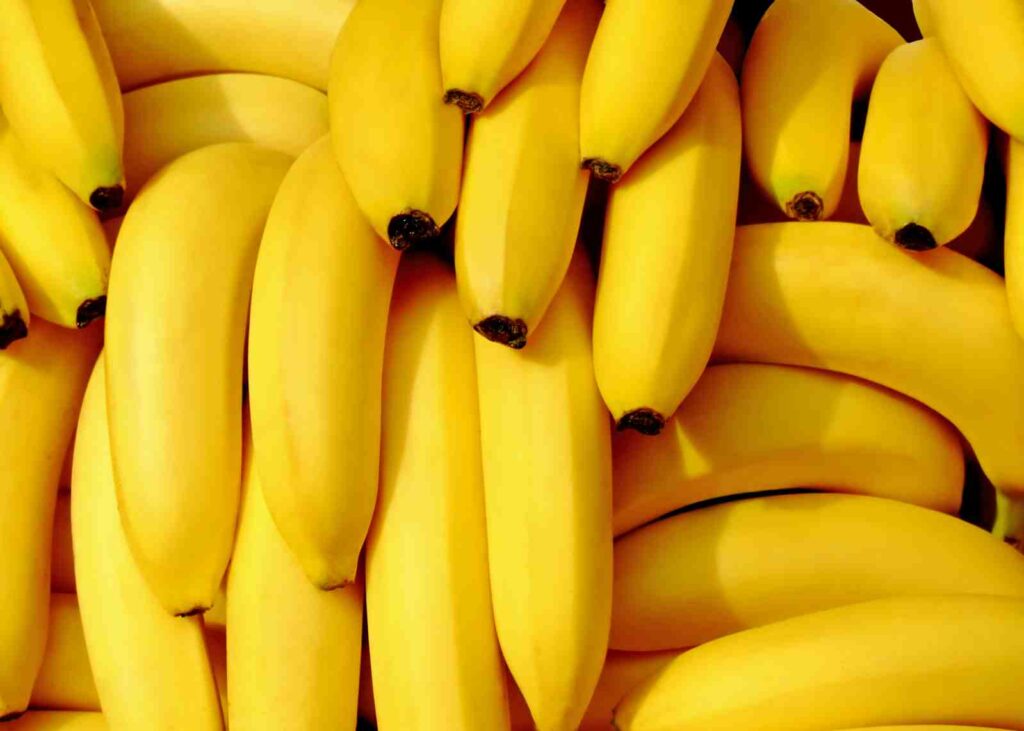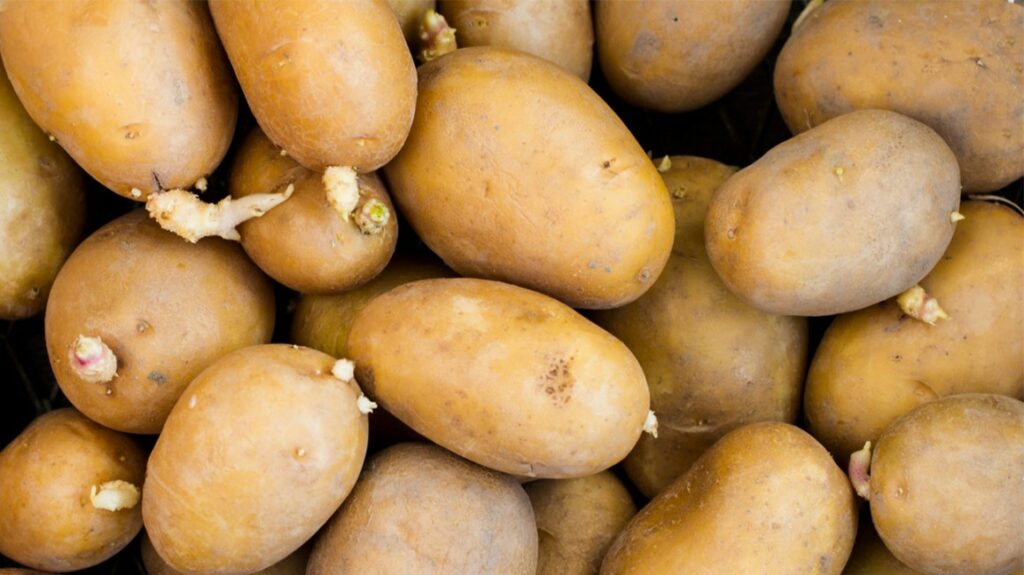
It would seem like putting everything in the refrigerator as soon as you come home from the store is the greatest strategy for extending the shelf life of food. Many foods must be kept in cold storage, but certain healthy favorites might suffer from the fridge’s frigid air. While certain foods benefit from refrigeration, others spoil more rapidly, lose their flavor and texture, or just turn black.
Although storing these meals in the refrigerator won’t damage you, the destroyed textures and flavors can surely be an inconvenience to your palette. Here are certain foods that you shouldn’t refrigerate in order to preserve flavor.
15 Foods You Shouldn’t Refrigerate
1. Tomatoes

Tomatoes won’t mature and lose taste if you put them in the refrigerator.
The icebox’s cold makes tomatoes mealy and insipid. Place on a counter (under-ripe ones can go on the windowsill). It’s time to start making tomato jam or roasted-tomato sauce if they start to grow too ripe.
Your tomatoes’ taste and juiciness will be at their best if you keep them at room temperature.
2. Bananas

A banana needs warm temperatures, between 15 and 20 degrees Celsius (59 and 68 degrees Fahrenheit), to ripen properly; when placed in the refrigerator, this process is inhibited. Due to the effect that temperature has on the fruit’s cell walls, the skin in the refrigerator may gradually become black.
At room temperature, bananas will continue to ripen; however, when placed in the refrigerator, the ripening process ceases. Unripe bananas should be kept on the counter away from direct sunlight.
A completely ripe banana can be stored in the refrigerator for a few days; however, if the banana becomes black, this is normal. The banana skin’s ethylene content, which changes chemically in response to low temperatures, is what causes the blackening.
3. Potatoes

Potatoes should not be kept in the refrigerator and should be kept somewhere cold and dry, preferably in a paper bag or one with perforations to keep them dry. The starch in potatoes can turn into sugar when stored in the refrigerator, which will impact their texture, color, and flavor when cooked.
Store raw potatoes in a basket or drawer that is well-ventilated and out of direct sunlight for the greatest flavor and texture.
4. Open Food Cans

After being opened, a food can shouldn’t be kept in the fridge. The food may have a metallic flavor as a result of metal acids that seep into the food from the can itself, even if the freezing temperatures will prevent the goods from deteriorating for a short duration.
Transferring unwanted canned food to a different sealed plastic food container and then chilling it is the best way to keep it.








